"Hundred Flowers Bloom" or "The Demons Dance"? Looking back at the open and secret struggle between the Portuguese media in Macau and the colonial regime during the transition period
Author: Diaoyu Lang from the Far East (trying to study the two sides of history with social science methods)
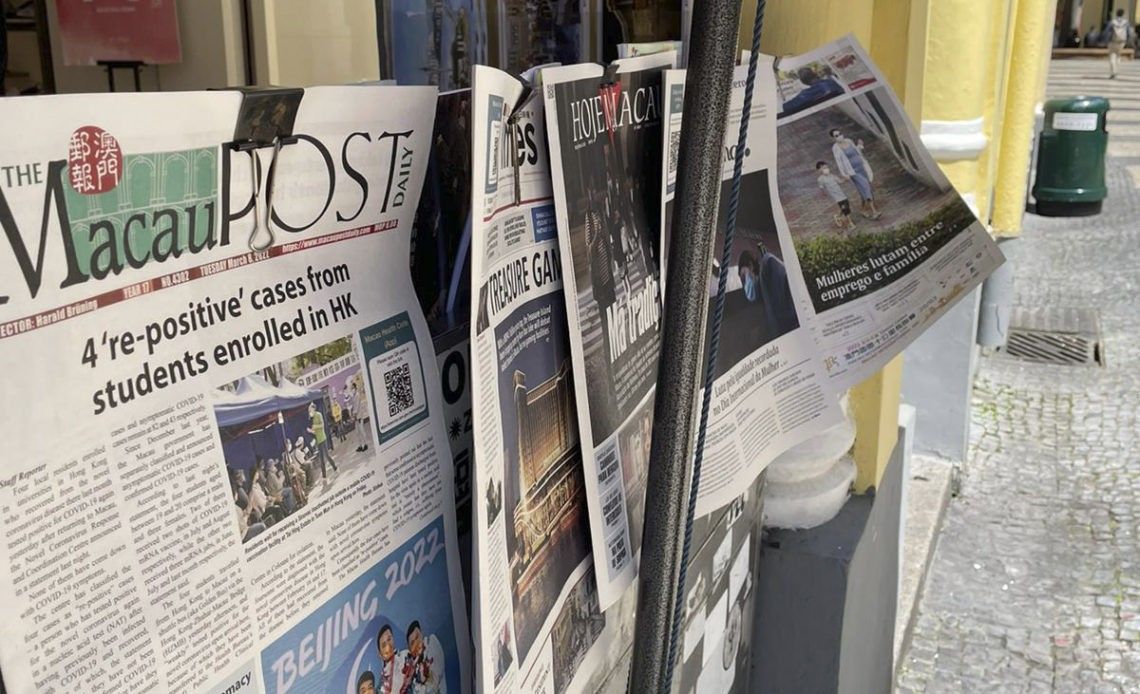
In the last article , Zhihui and we reviewed the history of press freedom in Macau from the 20th century to the SAR, and explained how the Portuguese-language media in Macau survived the continuous turmoil of the political landscape. Interestingly, the most volatile period for the media industry occurred when the political future of Macau was being decided.
On the eve of the handover in the 1990s, the Portuguese-Australian government transplanted the "Publishing Law", which can be described as quite progressive, from its home country, which enabled the freedom of the press to be guaranteed by law. On the other hand, the relationship between the government and the media became increasingly tense at this time, and there were even various incidents of intimidation of journalists.
From the above brief review, we can derive a question:
Why did two seemingly contradictory phenomena appear at the same time in Macau in the 1990s?
Another way to ask the question, why does a well-intentioned system not only fail to protect journalists in Australia, but also make them the targets of the government's constant targeting?
In this article, I will extend the discussion above and take an in-depth look at colonial governance with the latest research in 2021 by Clara Gomes, who has worked in the media industry in Macau and is now a researcher at the Universidade Nova de Lisboa. The bitter history of those Portuguese editors and journalists in the last years of the government.
As an "industry person" with considerable contacts and experience, the many stories in Gomes' research showed concretely and subtly the immediate relationship between the government and the media at that time.
turbulent times
To understand why progressive institutions have failed to guarantee a free media environment, we first need to examine the political context of the last years of Portuguese rule.
Almost every Macau governor since 1981 has had a political shock during his tenure. First, the constant conflict between Governor Costa (Costa) and the Macanese members of the Legislative Council during his tenure led to the first (and only) dissolution of the Legislative Council in Macau's history.
Later, Governor Carlos Melancia, who took office in 1987, was exposed by the media for corruption in 1991, and he resigned in the same year.
As for his successor, the deeds of Rocha Vieira, the last governor of Macau, I believe it is no stranger to Macau readers: in the last years of Portuguese rule, underworld and shooting cases were rampant, and the governor himself also took back government funds. Suspect in Portugal.

As the colonists who are about to retreat, the successive governance problems have made the situation of the Macau-Portuguese government quite embarrassing.
After the Sino-Portuguese negotiation in the late 1980s finalized the return agenda, the local governance of the Macau-Portuguese government became a diplomatic agenda. The issue of local governance has not only given the Chinese side an opportunity to push against the Portuguese side, but the Portuguese-Macao government has also suffered from the monitoring and pressure of the home country (including the central government, opposition parties, media and public opinion).
The besieged Macau-Portuguese government, in addition to dispelling the dissatisfaction of all parties through system reform and governance performance, tried its best to prevent the outflow of "unfavorable" news of the government's image.
Therefore, suppressing the activities of the local Portuguese media in order to prevent the "family scandal" from spreading has become one of the pressing priorities of the Macau Portuguese government.
Although the Publishing Law of 1990 seems to have restricted the Macau-Portuguese government's intervention in the media, the government still tries to find various spaces beyond the provisions to limit the scope of activities of the local Portuguese-language media and the role of "whistleblowers".
One Hundred Ways of Control: Appeal to Patriotism, Restrict Information, Create Costs
So specifically, what means does the Portuguese-Australian government try to suppress the freedom of editing and editing of the Portuguese-language media?
First of all, what sounds familiar today is what Afonso Camões, then director of the Information Bureau, said:
"Before journalists, you are first and foremost Portuguese".
For the Portuguese-Australian government, what journalists first need to serve is not the abstract principle of press freedom, but the national interests of Portugal. These Portuguese journalists working in Macau are, in fact, expected to serve as Portuguese "promotional ambassadors" abroad.
Therefore, some reports that are considered unfavorable to the colonial government need to make concessions in the face of national interests because they will damage the reputation of Macau and even Portugal.
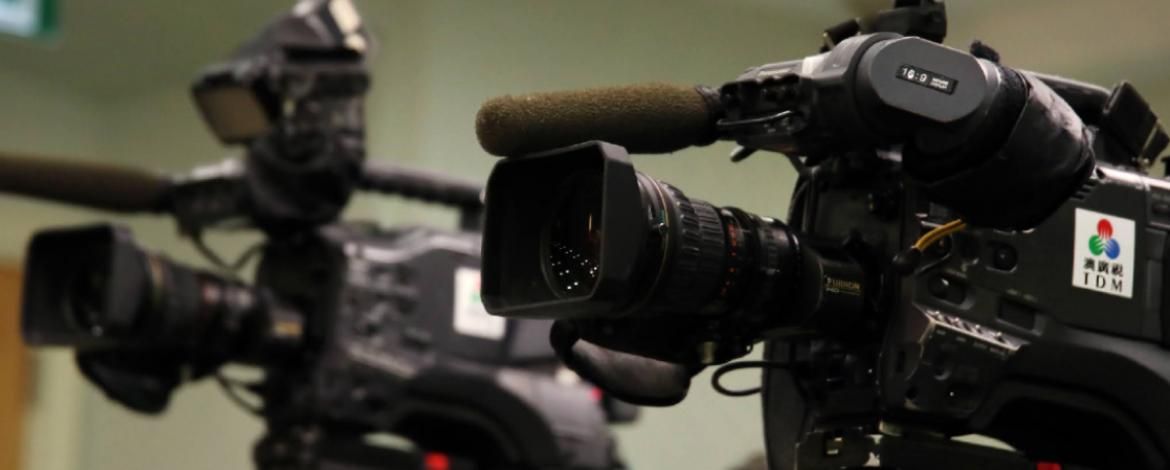
In addition to resorting to "national justice", the Portuguese-Macao government also used various coercive methods to make the local Portuguese-language media submit. One way is to make it difficult for certain media to obtain information from the government.
Although the Publishing Law of 1990 expressly guarantees the freedom of journalists to obtain information from sources including the government, journalists still need to rely heavily on the personal relationships between their officials for specific interactions. To maintain a good relationship, the key depends on whether the media embarrass the government.
As Ricardo Pinto, the editor of Ponto Final at the time, said, when "guanxi" became an important source of information, the government disguised the power of information flow. The media may need to deliberately engage in varying degrees of self-censorship in order to maintain a pipeline of sources. As a result, personal relationships also play a role of "silencing" in essence.
And intimidation is not limited to access to information.
In the previous article, we know that the Portuguese-language media were generally unable to rely on publishing income to support their own operations. Therefore, apart from the sponsors, one of the major sources of income for the Portuguese-language media is the advertisements from various government departments.
It is conceivable that if the Portuguese-language media at that time violently criticized specific sectors, it would also increase the risk of losing advertising revenue. The editor of "Period", Ricardo Pinto, mentioned that he once received a fax sent by a government department by mistake, which mentioned that advertisements in "Period" will only be advertised with the "approval" of the superior, while the rest of the Macau media are Receive advertisements from the government as usual.
But too much advertising is not a good thing: often publishing official advertisements is seen as “getting too close” to the government, thereby undermining its credibility. Under the dilemma, the Portuguese-language media will fall into an unsustainable Jedi if it is slightly careless.
different responses
So, in the face of the incursion of the Macau-Portuguese government, how did the Portuguese-language media respond?
Since many media rely on the sponsors for a living, the attitudes of these sponsors, mostly businessmen or lawyers, often influence the editorial policy of the Portuguese-language media, and even the possibility of its existence.
An extreme example is a now-defunct newspaper called Gazeta Macaense. As a publication in Macau with a long history and was targeted during the Salazar era, in 1995, its sponsor dismissed journalists and tried to close the newspaper on the grounds that the newspaper was of "low quality and deviated from its original intention."
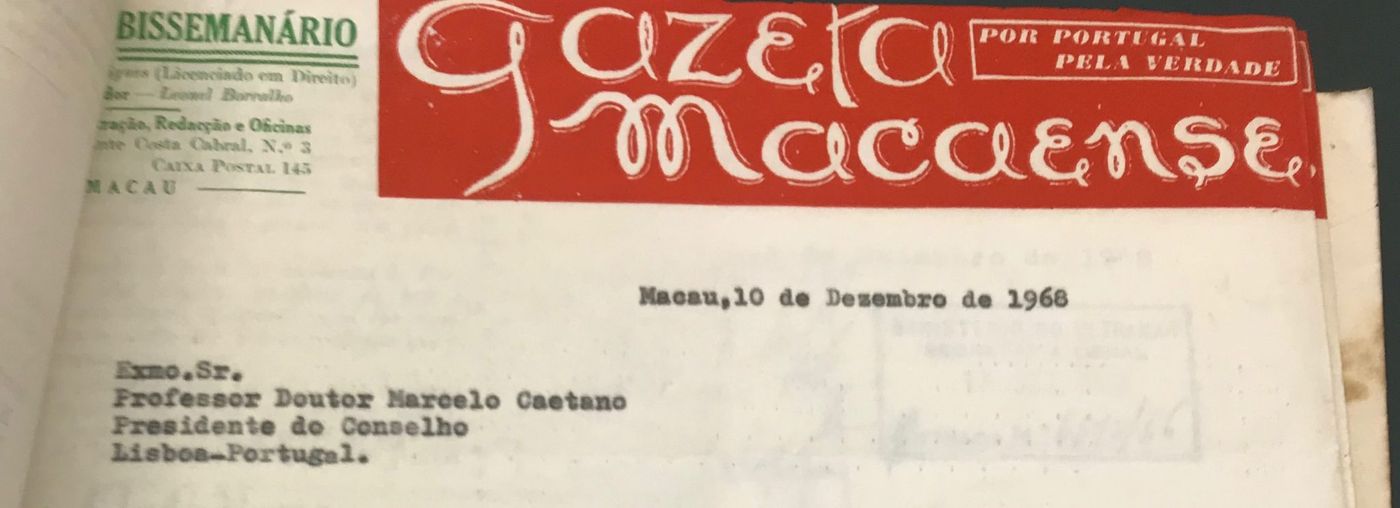
But its editor Paulo Reis recalled that the sponsor had asked him to stop criticizing one of the directors at the time because the two were working on a "deal" that would benefit the newspaper. The sponsor was appointed to the Legislative Council after the editor refused and prompted the newspaper to close down.
However, other media workers also reported that although the sponsors have an important source of funds, most of them do not interfere with the daily operations of the media and their editorial independence.
For example, the editor Ricardo Pinto of Fullstop, which was re-founded by lawyers Frederico Rato and Francisco Gonçalves Pereira, said it had never been censored by higher-ups.
What's more, some reports that contradict the interests of the boss were also published as usual. Severo Protela, the editor of Futuro de Macau, one of which is owned by Legislative Council member Rui Afonso, also said that although he discussed the subject matter of the report with his boss, the final decision to publish the publication is still in the hands of the editor. .
battleground
After Governor Wegley took office in 1991, the media environment, which was relatively loose in the past, was gradually tightened at this time. The focus of the media and the government's confrontation has gradually shifted from secret rivalry to court battles.
During Wei's tenure, the Portuguese-language media were prosecuted by the government for defamation. What is even more unfavorable for journalists is that because judges were appointed by the Governor at that time, the court's judgments in many cases tended to favor the government.
A representative case is that in 1993, "Period" was sued by the then Secretary of Security, Lagas Ribeiro. At the time, the newspaper published a report critical of the security forces, and the newspaper and editor Pedro Correia were later indicted.
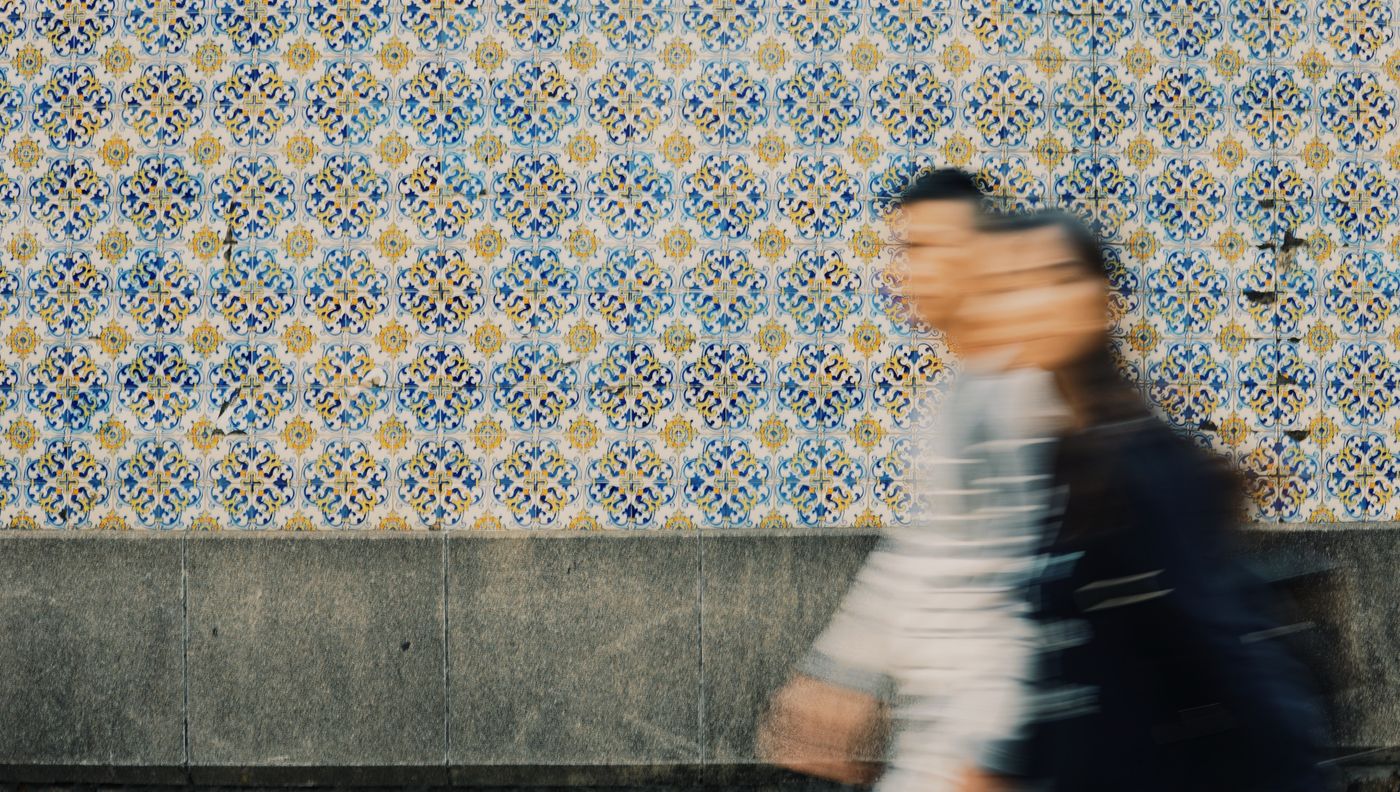
At that time, the procuratorate asked reporters to disclose the names of readers who provided relevant information. Even though the Publishing Law of 1990 contained provisions to protect the confidentiality of sources for news work, in December of the same year, after the editor refused to provide relevant information, the court handed down a four-month suspended sentence and an award of 15,000 yuan in compensation. . After appealing to the High Court and still upholding the original verdict, the newspaper’s lawyers appealed to the Portuguese Constitutional Court, but two years after the incident, the Portuguese side has not yet made a final verdict.
From this case, we can once again see how the system of protecting the media lost its effectiveness in the political environment at that time. Because the Governor has the power to appoint judges, judges generally stick to the government's position (not to mention that they also speak out against media freedom).
Even though the channels for judicial remedies existed at that time, the lawsuit would have had a significant impact on the time, financial resources and reputation of the newspaper. Even though an appeal to Portugal may overturn the local judgment, the time-consuming process has instead placed a heavy burden on the media.
summary
In this article, we look back at the eventful days of Macau's media industry on the eve of the handover, and see how Portuguese editors and journalists struggled to navigate the cracks of power.
Among them, there is a phenomenon that can be described as quite "Macau characteristics":
Although the formal system seems to provide a strong guarantee for the freedom of the press, various formal and informal means parallel to the system make the original intention of the legislation evaded, allowing the power to operate in an unchecked space.
And did this only exist in colonial times? It seems not. If Macau readers remember that in April last year, ABC Television issued " Editorial Guidelines" for its Portuguese news department, they would find that the habit of "drilling holes" seems to have been around for a long time.
As for the Portuguese-language media being seen as a potential threat, it can also be seen as another phenomenon that has existed "since time immemorial".
#Number of articles:9️⃣5️⃣
💬 Stories of [Telling Stories on the Frontier of the Empire] |📁Article List |👍Facebook Page |📣 Call for Papers
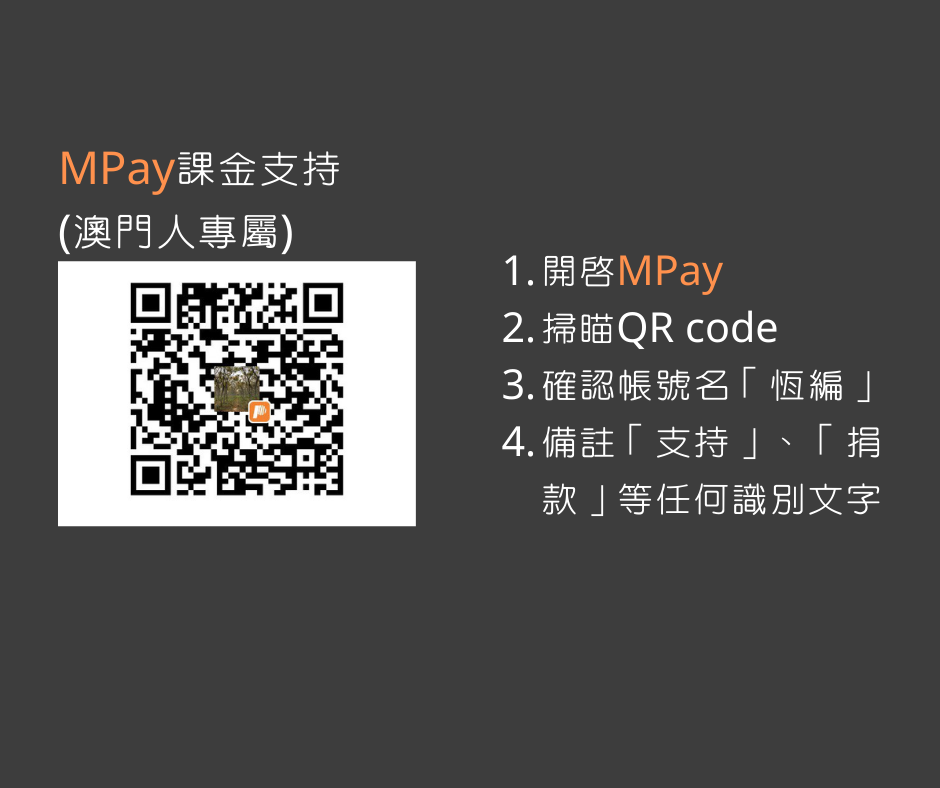
Like my work? Don't forget to support and clap, let me know that you are with me on the road of creation. Keep this enthusiasm together!



